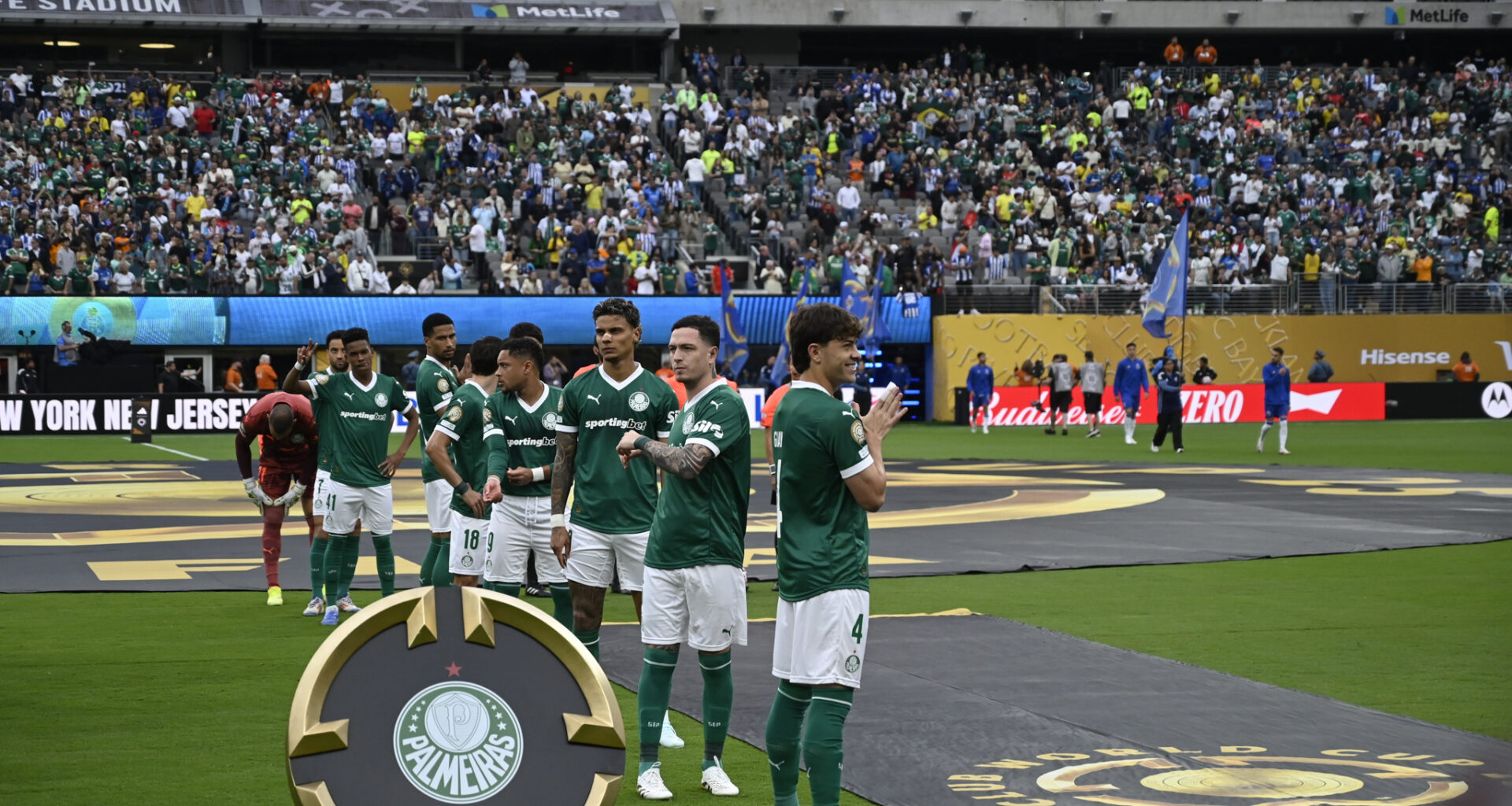Book a room at the Marriott Marquis in Times Square for a long weekend starting next June 4 and the rate is $491 before taxes. But a week later, when the FIFA World Cup will come to Met Life stadium for the first time, the cost jumps to $651 a night.
With tickets now on sale for the eight New York area soccer matches to be played at Met Life for those who won spots in a lottery, hotels are increasing their prices for the five-week extravaganza to take advantage of what FIFA claims will be a $3 billion boost to the area’s economy. Research by THE CITY shows rates increasing about 20% in the other boroughs and downtown Newark.
But sports economists warn that FIFA’s estimate of the economic impact are wildly inflated and that as the matches draw closer the hotels — and others hoping for a bonanza from the event — may wind up being disappointed.
“Unlike host cities like Miami, which doesn’t get much tourism in the summer, NYC is a tourist destination in the summer and if New York hotel rates go so high it is a real possibility that people will decide in the summer of 2026 to go elsewhere to avoid the congestion and high prices,” said Andrew Zimbalist, a sports economist at Smith College.
Zimbalist also speaks from firsthand experience. He was in New York in 2014 when the Super Bowl was held at MetLife Stadium and saw hotel prices decline as the game approached. “I got a hotel room for $150 a night that week,” he said.
The hotel data tracking company CoStar projects a double-digit increase on hotel rates during the World Cup for June and July compared with a modest uptick of 2.5% in other months this year. Last year, the average room rate was $316 in June and $269 in July. Occupancy this year for those months was a very strong 87%.
Costar reported that room rates in Paris more than doubled to hit a record during last year’s Olympics, reaching 876 Euros a night at the highest point and averaging over 700 Euros during the almost three-week event.
But the overall gain for the Olympics was very modest because it cost 6 billion euros in government spending to put on the event. The organizing committee eked out a profit of 75 million Euros and the country’s GDP was boosted by 0.07%.
Despite those warning signs, the administration of Mayor Eric Adams continues to insist the World Cup will be a boon for the city, and that there will be no displacement of other tourists.
“As a global hub for tourism, entertainment, culture, and food, New York City is well-equipped to welcome all tourists, regardless of the events we are hosting,” said spokesperson Orchida Harizaj. “With approximately 125,000 hotel rooms across the five boroughs, the city is well-prepared to accommodate guests, and we remain committed to ensuring that everyone is welcomed to our city, regardless of the purpose of their visit.”
FIFA’s economic impact numbers are big. The $3 billion in projected economic gains are based on an estimate that 1.2 million visitors will come to the New York New Jersey season during the tournament. They are expected to spend $1.7 billion, support 26,000 jobs and produce $432 million in state and local tax revenue.
Sports economists say the math doesn’t add up.
Except for the final, most attendees at the matches will be from the local area, said Victor Matheson, a sports economist at Holy Cross University. He notes the highest total for international tourists for a World Cup was 200,000 in South Africa in 2010. (The 2014 World Cup in Brazil exceeded that as Argentinians flocked to Brazil for the final involving their team but came for only one day and “slept on the beach,” he said.)
Tourists will be spread out over 11 cities in the United States, three in Mexico and two in Canada that are hosting matches.
Matheson should know. A dedicated soccer fan, he will attend two matches in Boston, a quick drive for him. He is going to one in Kansas City with a friend who has never been there, and then to Denver the next day. He’s also staying at an inexpensive motel far from the event because he discovered hotels in downtown Kansas City want $500 a night for a room.
Both economists make the case that World Cup spending is not as valuable as other kinds of tourist activities. A ticket to a Broadway show remains in the local economy as it is used to pay the actors and stagehands and theater owners who all work in New York. The money generated by a World Cup ticket — and lower bowl seats at MetLife for an early match cost $620 each— goes to FIFA and gets spread around the world.
“Three billion dollars, no way,” Zimbalist said.
Related

